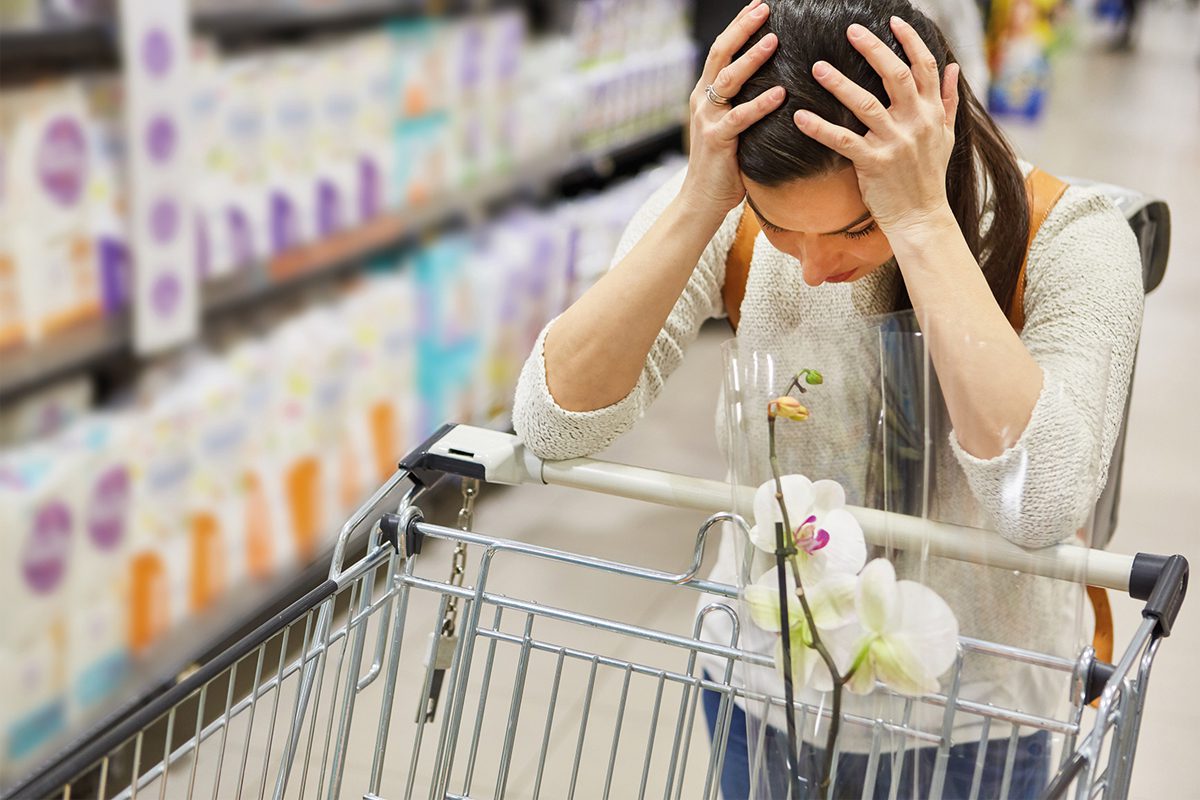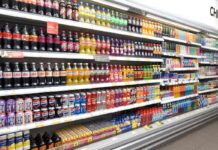Shoppers are spending less at the tills

CONSUMERS have been cutting back on their shops as inflation pushes into the double digits.
According to the latest figures from the Office for National Statistics (ONS), the rate for CPI rose to 10.1% during the 12 months to September.
The largest upward contributions to the annual figure came from rising energy prices, food and non-alcoholic beverages, and transport costs.
Out of the three largest factors, food and non-alcoholic beverages saw the biggest rise, contributing 14.6% to total inflation, according to the ONS, with main contributors to these figures coming from bread and cereals, meat, milk, cheese and eggs.
While these rising prices have been felt in all corners of the convenience channel, the ONS has reported that retail sales across the entire UK fell by 1.4% in September as well, showing consumers are now more cautious as well as reluctant over their grocery spending.
Food sales in particular took a hit, too, down in volume by 1.8% during the month, which left them 3.2 percentage points lower than their pre-coronavirus levels from February 2020.
Dr Jackie Mulligan, Government High Streets Task Force expert and ShopAppy founder, said: “The small retail businesses that line our high streets are under phenomenal pressure at present, and the appalling events of recent weeks in Westminster have simply added to the uncertainty.
“People simply aren’t spending amid the cost-of-living crisis and, with their mortgage payments now going through the roof, too, their disposable income is reducing even further.
“People are understandably tightening their belts and the result is the small retailers selling non-food products are in a highly precarious position.
“They are facing a triple whammy of rising costs at home, rising costs in their business and financially squeezed customers who are spending less.
“The best thing we can all do is avoid the global giants of online retail and shop with our small local businesses, because any purchase from a local shop is an investment in our communities.
“As small retailers suffer, the global giants like Amazon have the financial advantages stacked in their favour to ride out the storm.
“This will be to the detriment of high streets and local communities up and down the country.”


















